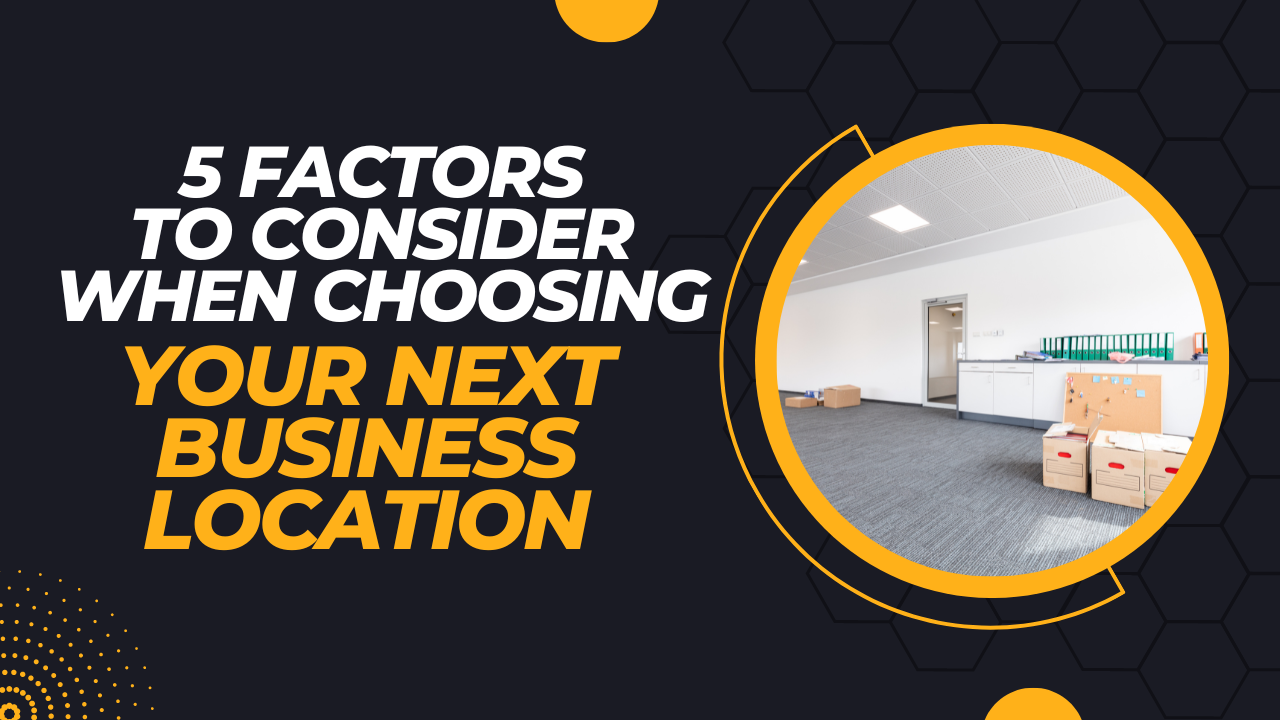Balancing Hustle and Rest: Achieving Success Without Sacrificing Well-Being
- Joshua Swank
February 28, 2023
- Beyond the Bottom Line
As someone who has worked in commercial real estate for over 16 years, I have seen firsthand how the demands of the industry can lead to burnout and exhaustion. The pressure to constantly perform and outdo the competition can be overwhelming, and it can be easy to fall into the trap of hustle culture. However, I have also learned that success does not have to come at the cost of our well-being and I believe this rings true across other industries as well.
Recently, there has been a growing recognition that hustle culture is not sustainable and can have negative effects on our mental and physical health. According to Jacinta Jiménez, a psychologist and the vice president of coach innovation at BetterUp, there is a common misconception that constant hustle and stress are necessary for success. In reality, this belief can trap us in a cycle of relentless productivity that comes at a high cost.
Hitting closer to home, I have personally seen the effects of hustle culture on a close friend who runs a business. He was always working, pushing himself to the limit, and had no time for himself or his family. Eventually, he realized that he couldn’t keep going like this and needed to make a change. He started by delegating tasks to his team, setting boundaries, and practicing self-care. These changes had a significant impact on his life, and he felt more energized, focused, and productive than ever before.
The first step to breaking out of hustle culture is to recognize the signs of burnout and take steps to prevent it. This can include setting boundaries, taking breaks, and practicing self-care. Rest is not a reward but a biological imperative for us to perform at our best. Even small breaks can make a significant difference.
One effective way to cultivate mindfulness is to focus on your breath. Take a few minutes each day to simply observe your breath. Mindful meditation is another effective way to cultivate mindfulness. Find a quiet place where you can sit comfortably and set a timer for a set amount of time, such as 5 or 10 minutes. Close your eyes and focus your attention on your breath. When your mind inevitably begins to wander, simply notice the thought or feeling that has arisen, acknowledge it, and then gently bring your attention back to your breath.
Engaging in mindful movement practices like yoga, tai chi, and qigong can also be effective ways to cultivate mindfulness. These practices involve moving the body in a slow, deliberate, and mindful way, which can help to quiet the mind and bring a greater sense of awareness to the present moment.
Practicing gratitude is another powerful way to cultivate mindfulness and bring a greater sense of appreciation to your life. Take a few minutes each day to reflect on the things in your life that you’re grateful for, whether it’s a supportive friend, a beautiful sunset, or a warm cup of tea.
Incorporating mindfulness practices into your daily routine can help you become more aware of your thoughts and emotions, allowing you to respond to stressors in a more productive way. This can help you lead a more fulfilling and satisfying life.
While hustle culture can be motivating and help you achieve your goals, it can also lead to burnout and have negative effects on your well-being. Taking care of ourselves and taking breaks is not a sign of weakness but rather a way to recharge and come back stronger. By cultivating mindfulness, we can become more aware of our thoughts and emotions, allowing us to respond to stressors in a more productive way. So why not give it a try and see how it can benefit your personal life and business? And if you are in a leadership position and already practice mindfulness, I would encourage you to make sure you communicate these principles with your team too.
It is important to remember that we are products of a fast-paced culture where people desire purpose and belonging. We often get sucked into workplaces that promote hustle culture in order to drive the bottom line, but that doesn’t mean we can’t take back some control. By incorporating small moments of rest and replenishment into our daily routines, we can make sustainable changes that will benefit our overall well-being.
It is also important to recognize that there is no one-size-fits-all solution to overcoming hustle culture. What works for one person may not work for another. That’s why it’s essential to experiment with different strategies and techniques to find what works best for you. Whether it’s practicing mindfulness, delegating tasks, setting boundaries, or taking breaks, the key is to find a balance that allows you to perform at your best without sacrificing your well-being.
As Managing Partner for Obsido Commercial, I’ve personally made sure we keep an eye on burnout and that our team understands the importance of balance and sustainability. But that doesn’t mean we can’t work as a Navy Seal Team unit to push the limits of what’s possible sometimes too. It just means we strategically practice hustle as a means to build a growth mindset into our culture.
For example, we have a concept called ‘burn the ships!’. This is when we set 1 unified Team Goal and all execute at an extremely high-level to achieve that goal. We plan to execute this ‘burn the ships’ mentality in a quick sprint as a team (quick sprint = short time frame), but then making time for rest to ensure we do not burn out. We believe that by strategically leveraging hustle followed by the proper rest and replenishment, we can perform at our best without sacrificing our well-being.
In today’s market, the demands of the industry can be overwhelming, and it can be easy to fall into the trap of hustle culture. However, by recognizing the signs of burnout and taking steps to prevent it, we can break free from this cycle and achieve success without sacrificing our well-being. As someone who has worked in commercial real estate for over 16 years, I have seen firsthand how important it is to find a balance between productivity and rest. It is possible to achieve our goals without sacrificing our well-being, and it starts by taking small steps to prioritize our mental and physical health.
Thank you for reading! If you found this post helpful, please consider connecting with me on LinkedIn to stay updated on my latest insights and strategies for personal and professional growth. And don’t forget to subscribe to our upcoming YouTube channel, ‘Bricks to Blocks,’ for even more upcoming content on real estate, technology, and investing.


 SUBSCRIBE TO OUR NEWS FEED
SUBSCRIBE TO OUR NEWS FEED SUBSCRIBE TO OUR NEWSLETTER
SUBSCRIBE TO OUR NEWSLETTER


